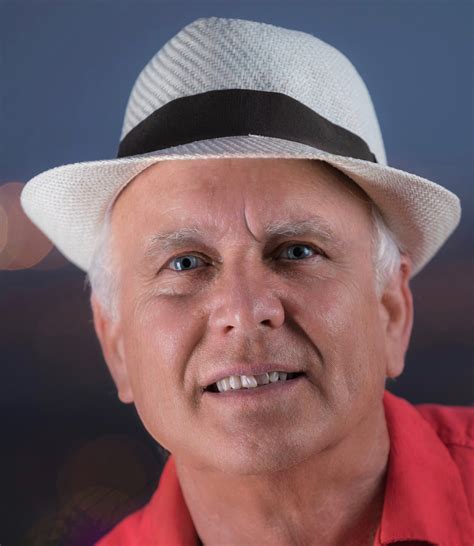A Quote by Elbert Hubbard
Every life is its own excuse for being, and to deny or refute the untrue things that are said of you is an error in judgment. All wrong recoils upon the doer, and the person who makes wrong statements about others is themselves to be pitied, not the person they vilify. It is better to be lied about than to lie. At the last no one can harm us but ourselves.
Related Quotes
Of all the things we are wrong about, error might well top the list ... We are wrong about what it means to be wrong. Far from being a sign of intellectual inferiority, the capacity to err is crucial to human cognition. Far from being a moral flaw, it is inextricable from some of our most humane and honourable qualities: empathy, optimism, imagination, conviction, and courage. And far from being a mark of indifference or intolerance, wrongness is a vital part of how we learn and change. Thanks to error, we can revise our understanding of ourselves and amend our ideas about the world.
There's nothing wrong with commercial art. There's nothing wrong with consumer society. There's nothing wrong with advertising. There's nothing wrong with shopping and spending money and being paid. There's nothing wrong with any of these things. These are things we do. I just think it's important to look at them from a different perspective - to see how bizarre and banal these rituals we partake in are. It's just important to think about them, I think, and to carry on. Life is about retrospection, and I think that goes for every facet of life.
We forgive, if we are wise, not for the other person, but for ourselves. We forgive, not to erase a wrong, but to relieve the residue of the wrong that is alive within us. We forgive because it is less painful than holding on to resentment. We forgive because without it we condemn ourselves to repeating endlessly the very trauma or situation that hurt us so. We forgive because ultimately it is the smartest action to take on our own behalf. We forgive because it restores to us a sense of inner balance.
At the root of every large struggle in life is the need to be honest about something that we do not feel we can be honest about. We lie to ourselves or other people because the truth might require action on our part, and action requires courage. We say we “don’t know” what is wrong, when we do know what is wrong; we just wish we didn’t. Art lets us tell the truth, but even art can be something to hide behind.
I have no way of knowing whether or not you married the wrong person. But I do know that if you treat the wrong person like the right person, you could well end up having married the right person after all. It is far more important to BE the right kind of person than it is to marry the right person.
We understand a person with problems, someone who is wrong about a lot of things in his or her life, who makes messes. We don't understand someone who is constantly right, who is only felled by Kryptonite. Chuck Klosterman had a pretty great book about this whole thing - I Wear The Black Hat - that came out last year and which I greatly enjoyed.
We often think more highly of ourselves than we ought to, and it's easy to judge others and be critical of their weaknesses and shortcomings. But this self-righteous attitude is a sin that we can be blinded to because we're so focused on what the other person did wrong. The reality is this attitude is worse than the wrong behavior we're judging.






































